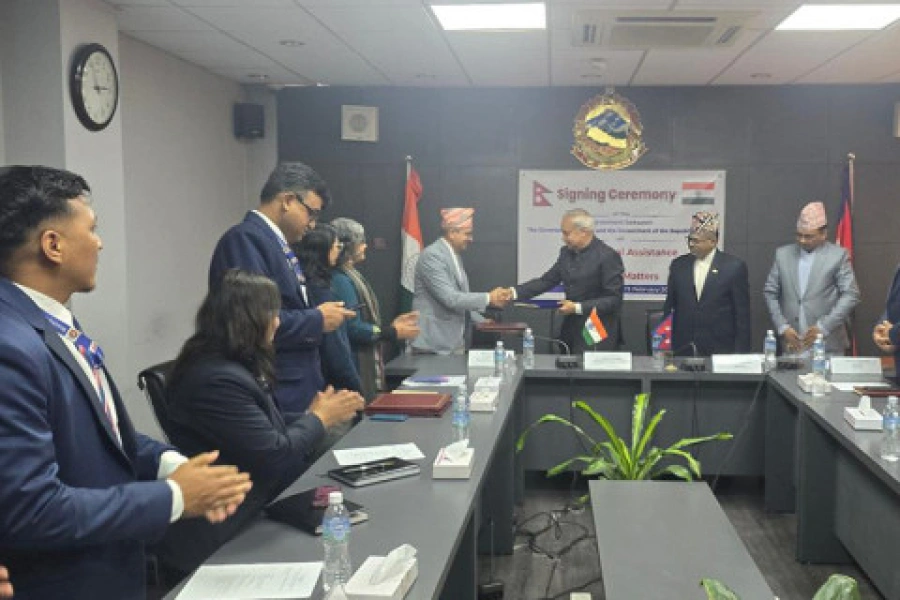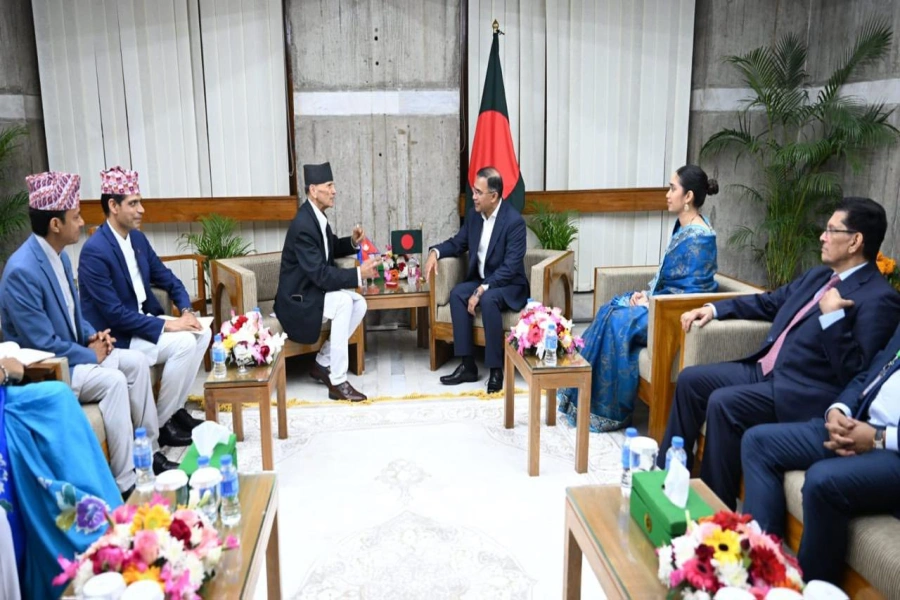Doctoral degrees must be training-intensive, aligning the process of research and production of scholarship with professional development of the scholars.
“I am yet to make it,” said a scholar at a regional public university, referring to the doctoral dissertation he wanted to complete. “It’s very difficult to find time.” The word “banaune” in his sentence struck me because one doesn’t really sit down to somehow “make” a dissertation. It also reminded me of various recent conversations—and questions—about the “production” of scholars with advanced degrees, or dangling the “Dr” title in front of their names, as many scholars themselves cite as the reason to get the degree.
Advanced degrees require extensive research, such as for the master’s and doctoral theses, and these projects demand extensive review of current and relevant knowledge in the discipline, intellectual positioning and proposition of new ideas on the topic of choice, collection and analysis of primary and/or secondary data, and problem-solving or theorization from the research. Some disciplines also require the presentation of new models or methods, designs or products, as modes of advancing new knowledge. As such, while graduate degrees are a means for advancing new knowledge, they also require institutions to provide their students and scholars the foundation of skills for problem-solving, presenting new ideas, and learning through experience and experimentation at the undergraduate level. Unfortunately, we have neither the foundation nor structure we need as yet.
State of research
When questions are raised about the quality of research done by our graduate students or working scholars, the dominant concern has been whether the researchers have sufficient access to resources to fully understand the current state of knowledge on the subject. Furthermore, do they invest enough time and energy to explore existing scholarship?
It has also been about whether our scholars generate significant new knowledge. Or, do they just summarize (and, in some cases, use without attribution) others’ ideas?
2025 set to be among 3 warmest years on record: EU climate moni...

Questions have been asked about whether our research scholars have the methodological abilities required by their projects. Do they have the technological skills, analytical acumen, and social and ethical savvy to conduct and present research effectively? Do our institutions of higher learning provide the foundation of knowledge, preparation in skills, and the material and social support for advanced scholars to produce advanced knowledge?
The answer is, unfortunately, no, on a variety of fronts. Yet, I don’t think that we can blame just the scholars, just the institutions, or just someone or something else. The reality is that there is a lot of catching up to do in many areas. Of course, we have many world class scholars and researchers working in both public and private institutions. But there are a variety of limitations against the scholars and their students to do effective research and knowledge-making.
Key requisites
We need far better infrastructure, a more positive culture, and also better appreciation of new knowledge and how to advance it systematically through higher education.
First, doctoral degrees must not be limited to the idea of writing (or “making”) the dissertation, which happens usually with the help of a single mentor. Unless we dramatically increase the substance and quality of learning at the bachelor’s and master’s levels, and unless we require MPhil before scholars can begin doctoral research, our universities must teach a number of doctoral courses before the dissertation research and writing process.
In other countries, including increasingly in countries similar to ours, doctoral education requires between one and three years of intensive coursework, including full-fledged courses on the history and current state of the discipline, theories and debates in it, specialized research areas and areas of application, interdisciplinary interactions, and most importantly, discipline-specific research methods for gathering and analyzing various types of data to generate or support knowledge claims.
Second, doctoral degrees must be training-intensive, aligning the process of research and production of scholarship with professional development of the scholars. While some can teach and others engage in lab-based or social research, yet others can work in administration, policy-making, community engagement, and whatever the university can replicate of society and institutions outside—or train those who will stay in academe to be successful academics.
Third, the advancement of knowledge through research and scholarship (not just summarizing what others have said) requires intensive training and mentorship in an environment that provides resources, opportunities for consultation and collaboration, and technical support beyond what a single mentor can provide. Beyond taking courses on research methods, which are themselves missing in most of our universities, doctoral scholars need financial support to travel, gather data, present results and receive feedback, test and develop new designs or products, market and patent their inventions, create and refine new projects or theories.
In short, doctoral education cannot just be a compilation of research and scholarship produced by others, or even a report describing already existing ideas or objects. That should only be a small part of it.
The general public latches on to news stories with the headline blaring “Thesis for Sale in Kirtipur.” Frankly, while that is good fodder for Facebook posts, I find the situation simultaneously shocking and unsurprising. If we create demand for something without investing the time, money, or thinking into the quality of the supply, then that demand will be fulfilled with counterfeit products.
At the doctoral level, there may be no posters advertising dissertations on sale (as yet). But we hear analogous responses to the lack of a culture of research, the lack of reward and incentive and inspiration to do it right, the lack of support for those who embark on the process, and the lack of understanding and implementation of what doctoral education should be about. We are seeing PhDs from all kinds of “universities,” PhDs from distant places where the scholar didn’t go or engage in any significant learning/engagement, and PhDs right at home that only involved “making” the dissertation.
Most significantly, the problem of producing PhDs who produce little new knowledge begins a bit earlier. Starting at the undergraduate level, we are yet to integrate research into higher education curriculum. As I will elaborate in the next few essays here, colleges must go beyond the “transfer” of information from one generation to another—using the notorious “banking” model of education as described by the Brazilian philosopher of education, Paulo Freire.
Change is possible
Community and private colleges have the potential to change the current situation. They could, if they desire, invest the resource and acquire the expertise needed to integrate research into the curriculum, add academic services beyond the classroom, and use education for professional development of students.
In order to take education beyond degrees and its quality beyond just good marks in final exams, both public and private institutions of higher education must systematically integrate research as a means of inquiry and production of new knowledge, investing resources and training teachers and providing support and mentorship to students.
Only then can we expect masters and doctoral degrees to be more than something to dangle on the wall, or just titles to add before names.








































